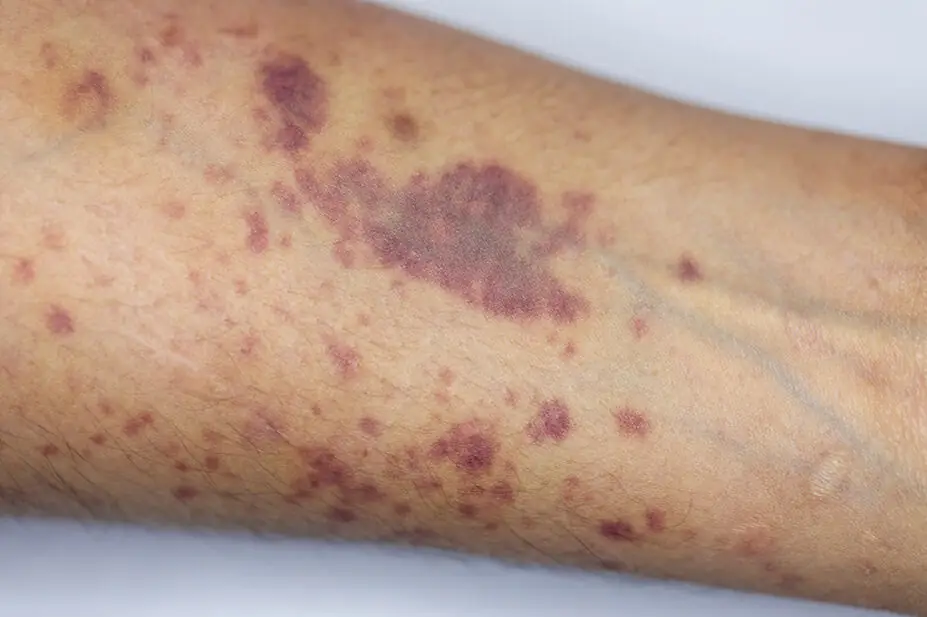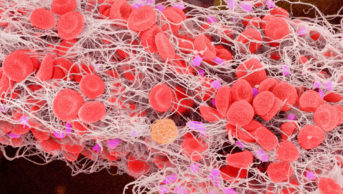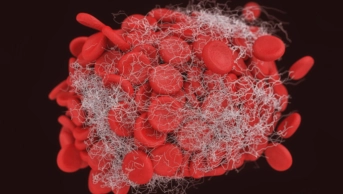
Shutterstock.com
The National Institute for Health and Care Excellence (NICE) has recommended a weekly injection to treat severe haemophilia B for use on the NHS in England.
In final guidance, published on 24 June 2025, NICE approved marstacimab (Hympavzi; Pfizer) for patients with severe haemophilia B — which involves people having less than 1% of the expected level of clotting factor — who are aged 12 years or over, weigh at least 25kg and do not have antifactor antibodies.
Under its marketing authorisation, marstacimab is used for routine prophylaxis of bleeding episodes in patients aged 12 years and older, who weigh at least 35kg and have either severe haemophilia A without factor VIII inhibitors (i.e. antifactor antibodies) or severe haemophilia B without factor IX inhibitors.
NICE said that 5–7% of people with haemophilia A develop antibodies to factor VIII inhibitors, while 5% of people with haemophilia B develop antibodies to factor IX inhibitors.
However, NICE is only recommending marstacimab for haemophilia B.
It said that the evidence shows that the drug is not a cost-effective treatment option for haemophilia A, when compared with the usual treatments of the condition, which are factor VIII replacement therapy and emicizumab.
On the other hand, NICE said that marstacimab is cost-effective for haemophilia B compared with the usual treatment for this condition, which is factor IX replacement therapy.
The NICE committee also noted that factor prophylaxis for severe haemophilia “requires IV injection, self-administered or administered by carers, as often as every two to three days”.
“This is a substantial treatment burden,” it added.
The Medicines and Healthcare products Regulatory Agency (MHRA) approved marstacimab on 22 April 2025.
In a press release published at the time, the MHRA said it was “the first of its kind to work by targeting a protein in the blood clotting process”.
When NICE published its draft guidance recommending marstacimab for treatment of severe haemophila B in May 2025, Conan McIlwrath, chair of the Haemophilia Society, said: “A subcutaneous treatment option for severe haemophilia B is a positive development which will open up some much-needed choice for people living with the condition.
“This will hopefully help people move towards more individualised treatment plans, based on what best supports the life they choose to live.”
According to the Haemophilia Society, around 255 people live with severe haemophilia B in England.


